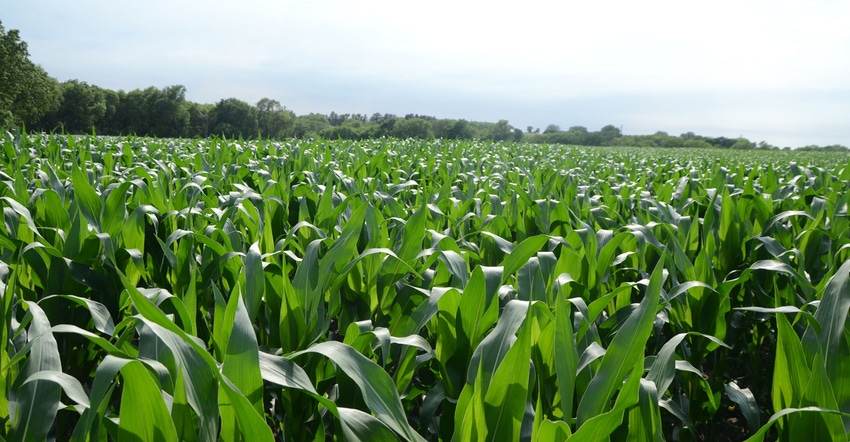December 4, 2018

Recent research by agricultural economists at the University of Nebraska-Lincoln upends traditional thinking on federal crop insurance.
Since the inception of the federal crop insurance program, researchers have questioned whether the program causes moral hazard in input usage, meaning that if producers are shielded from yield risk through crop insurance, they respond by increasing low yield risk exposure by applying fewer inputs. Opponents of the federal crop insurance program claim moral hazard leads farmers to use crop insurance to transfer costs from themselves to taxpayers, who help fund the program.
Previous research on moral hazard in crop insurance found evidence of moral hazard in input usage, suggesting crop insurance provides producers this incentive to reduce the economic-maximizing input amount, particularly nitrogen, to reduce yields and receive crop insurance payments.
Unlike previous research, the new research at UNL accounts for actual production history when examining producer input use behavior related to crop insurance. APH is important to consider in relation to crop insurance, because when a producer has a claim, APH is used in calculating liability, which directly influences the indemnity payment. When APH decreases, the size of indemnity payments decreases, as does the likelihood of a payment.
When the role of APH is considered, the amount of moral hazard associated with crop insurance declines to miniscule amounts. When producers are thinking ahead to future growing seasons, their current-year input use is not heavily influenced by the presence of crop insurance.
"Our research is based on the assumption that farmers want to farm next year with a strong crop insurance policy," says Cory Walters, assistant professor of agricultural economics at UNL and study co-author. "Results from the study indicate that the presence of APH in the liability calculation can do a lot in limiting the amount of moral hazard in input usage in crop insurance."
Walters is actively involved in his family's farming operation, and his experience with production agriculture inspired the new research.
"It did not make sense to me that crop insurance research would not take into account the role of APH and the fact that farmers are forward-thinking," he says.
In addition to Walters, other study co-authors include UNL agricultural economists Taro Mieno and Lilyan Fulginiti.
The results of the study were recently published in the American Journal of Agricultural Economics.
Source: IANR News
You May Also Like




